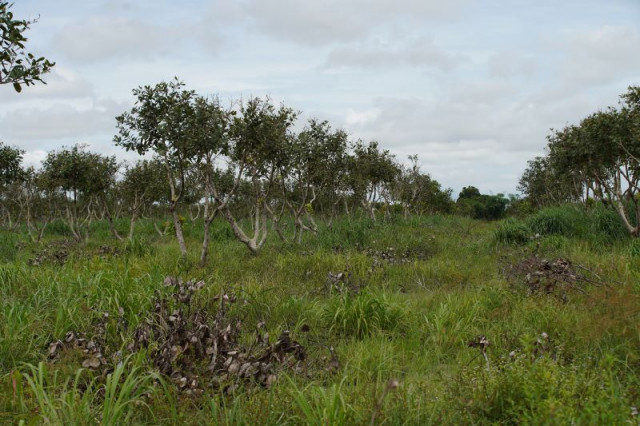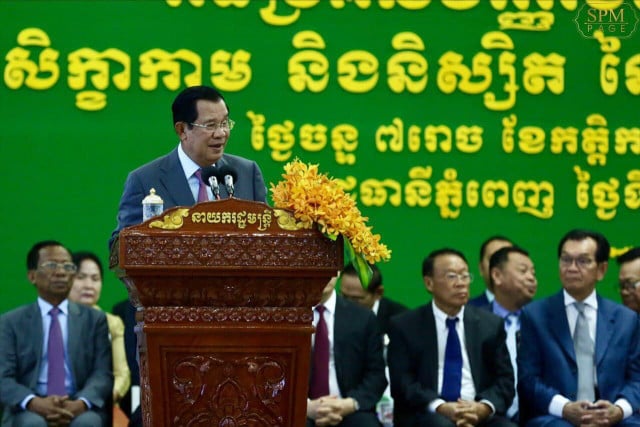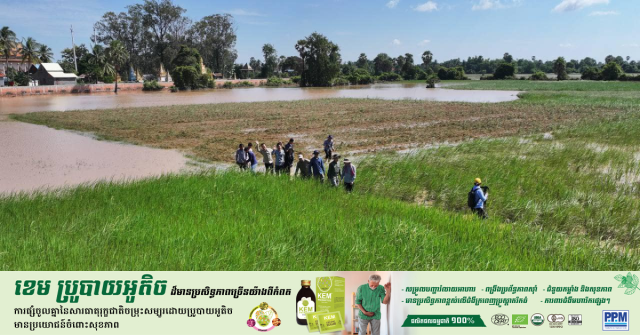High Costs Curb Cashews Production

- By Ou Sokmean
- January 4, 2023 11:35 AM
PHNOM PENH – Farmers have cut down 100,000 hectares of cashew trees across the country in the past two years, blaming climate change and constant rises in prices of fuel, fertilizers and pesticides.
Most of the trees were in Kampong Thom, Kratie, and Preah Vihear provinces.
Uon Silot, president of the Cambodian Cashew Nuts Association said that about 100,000 hectares of cashews have been cut down and replaced with cassava.
The total area of cashew cultivation in Cambodia is down from 800,000 hectares to 700,000 hectares.
"Farmers cut out cashews trees because they were desperate from the rising cost of fertilizers, pesticides, and fuel, combined with climate change," he said.
Climate change has caused farmers who grow cashews to lose a lot of money due to low yields and low quality, which makes selling prices cheaper. Costs have steadily increased since the beginning of 2021.
"Farmers need to learn how to make easy natural fertilizers on their own to mix with fertilizers, and how to use the right pesticides according to the problem and the situation," he said.
He expected Cambodia to produce between 800,000 and 1 million tonnes of fresh cashew nuts by 2023 if the weather is favorable.
"This year, cashew trees are giving flowers and budding faster than last year. The harvest for 2023 will begin at the end of January," he said.
A Cambodian Cashew Association report showed that throughout 2022, Cambodia exported 670,000 tonnes of fresh cashew nuts to the international market, valued at $1,077 million, a drop of 34.65 percent. The largest importer of fresh cashews from Cambodia is Vietnam.















